
Leukemia
Latest News
Video Series

Latest Videos
Podcasts
More News

Fixed-duration venetoclax regimens with obinutuzumab or ibrutinib showed noninferior PFS vs continuous single-agent ibrutinib in the phase 3 CLL17 trial.

Future work may expand analyses of measurable residual disease as a surrogate end point in AML to the use of modern, non-intensive treatment backbones.

The 2-year EFS end point was met in the cohort of patients given non-TBI conditioning and allogeneic HCT among those with B-ALL who are pre-HCT and NGS MRD-negative.
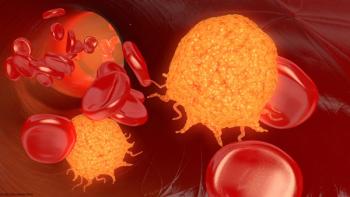
Olverembatinib plus low-intensity chemotherapy achieved an MRD-negativity rate in about 65% of patients with newly diagnosed Ph+ ALL.
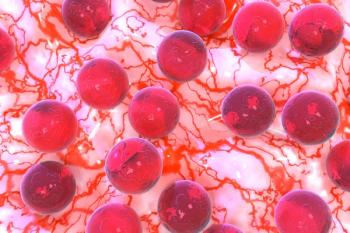
Updated results at ASH 2025 may support new alternatives to continuous therapy and standard intensive chemotherapy across different leukemia types.

Phase 1 data related to CLN-049 for patients with acute myeloid leukemia will be presented at the 2025 ASH Annual Meeting and Exposition.

Daniel Peters, MD, aims to reduce the toxicity associated with AML treatments while also improving therapeutic outcomes.

Patients with AML will experience different toxicities based on the treatment they receive, whether it is intensive chemotherapy or targeted therapy.

A younger patient with AML who is more fit may be eligible for different treatments than an older patient with chronic medical conditions.

Evolutions Across NSCLC, Multiple Myeloma, and AML at Georgia Cancer Center
Experts from Georgia Cancer Center highlight ongoing retrospective studies, translational research, and other initiatives across different cancers.

According to Daniel Peters, MD, the recent FDA approvals of revumenib and ziftomenib in AML are some of the most exciting developments in the field.

Among all patients with AML enrolled in the trial who received olutasidenib, the CR or CRh rate was 35%, with 55% of responders responding within 2 months.

Based on results from the ANDROMEDA study, the FDA has given traditional approval to daratumumab and hyaluronidase-fihj plus VCd in patients with newly diagnosed light chain amyloidosis.
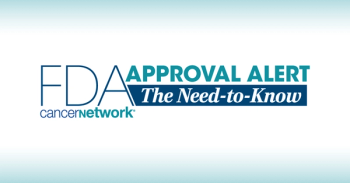
Clinical data from the phase 1b/2 KOMET-001 trial support the agency’s approval of ziftomenib in this patient population.

The newly approved dasatinib tablets are therapeutically equivalent and approved in the same indications as reference dasatinib.

Researchers have determined that matched allogeneic donor CD19 CAR T-cell therapy, delivered as a CAR-modified donor lymphocyte infusion, is safe and clinically active for adults with relapsed B-ALL following allogeneic transplant.

The FDA's CRL for the HyNap formulation of dasatinib due to manufacturing issues does not affect the efficacy or availability of standard dasatinib.

Over the past 4 years, the FDA has accepted a number of NDA submissions for dasatinib, but it has yet to receive approval in CML/ALL.
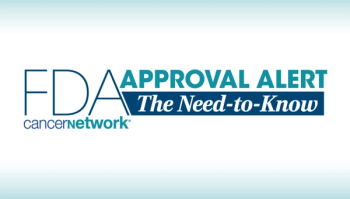
Results from the phase 1/2 AUGMENT-101 trial support the FDA’s decision for approving revumenib in this NPM1-mutated, relapsed/refractory AML population.

The FDA has set a Prescription Drug User Fee Act date of June 18, 2026, for approving this formulation of nilotinib in chronic myeloid leukemia.

Based on the Good Manufacturing Practice observations, the FDA has given a complete response letter for dasatinib for patients with CML/ALL.

Translating CLL Trial Success to Real-World Treatment Application
Yale’s COPPER Center aims to address disparities and out-of-pocket costs for patients, thereby improving the delivery of complex cancer treatment.

Charting the Evolution of TKIs and Finding the Next Breakthrough in CML
Jorge Cortes, MD, outlines the impact of imatinib in chronic myeloid leukemia and highlights future initiatives in the field.

Non-Hodgkin lymphoma and other indolent forms of disease may require sequencing new treatments for years or decades, said Scott Huntington, MD, MPH, MSc.
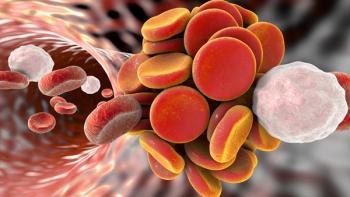
A phase 1 trial is evaluating UB-VV111 with and without rapamycin as treatment for patients with CLL and LBCL who received at least 2 prior therapies.






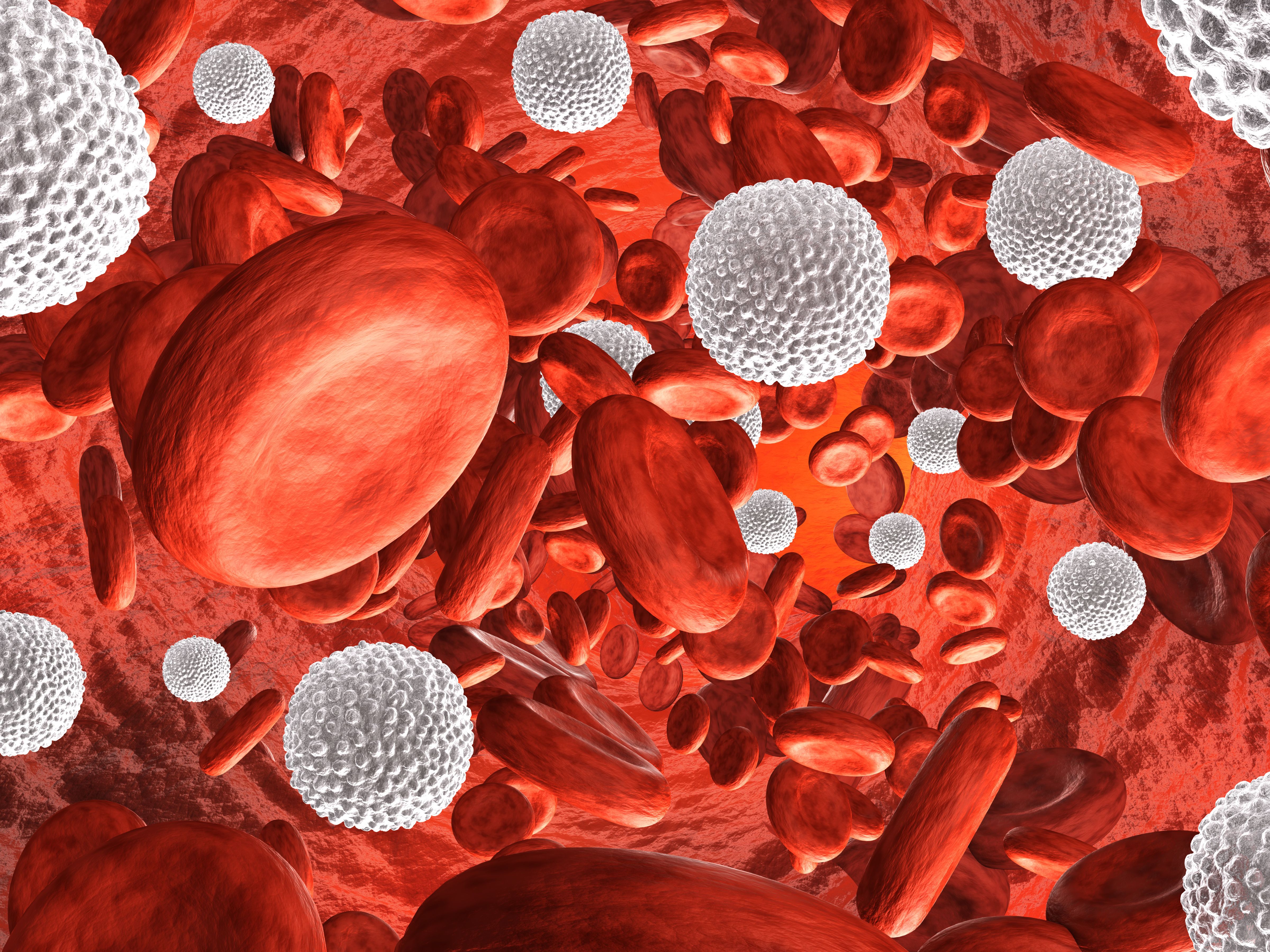





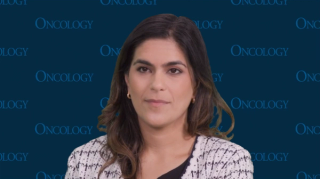

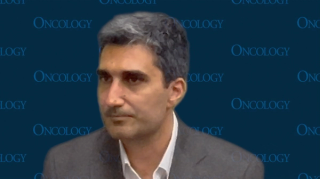

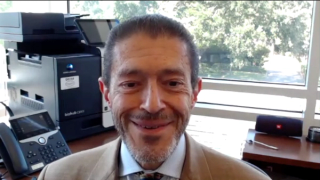
![We have the current CAR [T-cell therapies], which target CD19; however, we need others.](https://cdn.sanity.io/images/0vv8moc6/cancernetwork/6d5ddb2c2098f525a65b378ece6ca55a114f95fc-2974x1660.png?w=320&fit=crop&auto=format)
















































